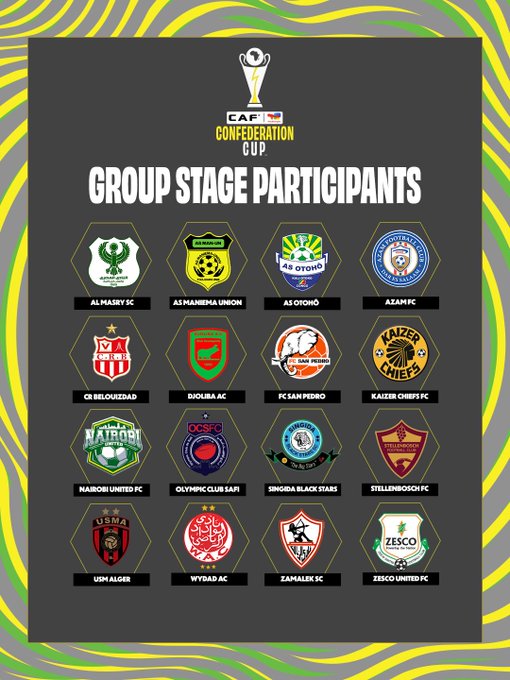
Mengistu Musie (Dr.). Mmusie2@gmail.com
The issue of Ethiopia’s access to the sea and the propaganda currently being orchestrated by Prime Minister Abiy Ahmed’s administration is now one of the most dominant and divisive topics in the country’s political discourse. The rhetoric surrounding the so-called “port question” is not new. It is a recycled narrative dating back to Colonel Mengistu Hailemariam’s military government. Like Mengistu, Abiy has weaponized the issue to inflame nationalist sentiment, distract from internal crises, and delegitimize dissenting voices.
In both cases, the “sea access” debate is a convenient tool for political manipulation. It is not a genuine foreign policy concern. Under Mengistu, rhetoric about reclaiming the Red Sea coast and “defending Ethiopia’s sovereignty” justified militarization, suppressed opposition, and rallied the public around the regime amid economic collapse and war. Abiy Ahmed’s government has revived this emotionally charged discourse at a time when the nation faces internal wars, widespread displacement, and severe economic hardship.
To fully grasp the current drama surrounding the port issue, it is necessary to examine the historical context and the ideological contradictions within Abiy Ahmed’s Prosperity Party. During the struggle against the former EPRDF/TPLF-led government, Abiy and many in his Oromo-centered circle openly supported Eritrea’s secession. They rejected the idea of Ethiopian unity espoused by unionist and pan-Ethiopian forces. At the time, those who advocated for Ethiopia’s territorial integrity were dismissed and vilified as “Amhara chauvinists.”










